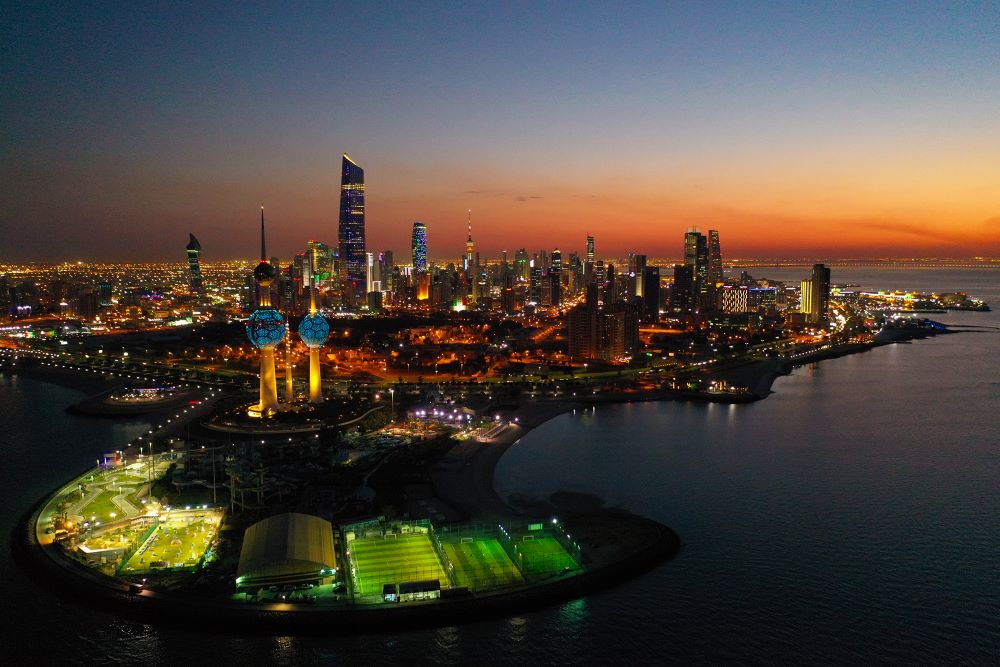By Faten Omar
KUWAIT: In 2017, Kuwait unveiled a new plan to transform the country into a regional financial and cultural hub by 2035 through 164 strategic development programs to attract investment. But how do youth in Kuwait see the ongoing development? Kuwait Times spoke with young citizens to learn their perspectives on how to develop Kuwait. Azzam Al-Khaldi, 23, said Kuwait still needs to work on various aspects to contribute to the overall growth and well-being of development plans, as well as young individuals in the country. “I think education reform is the main issue for the young generation. The education system needs more involvement of modern teaching methods to promote critical thinking, creativity and problem-solving skills, and to introduce practical training for the job market,” he said.
For Ali Al-Mohareb, 26, focusing on productivity is important, explaining that Kuwaiti government jobs are not going to be able to overcome unemployment in the coming years, so focusing on developing entrepreneurship and innovation is important. He stressed the need to adopt an entrepreneurial culture by supporting youth-led startups and providing mentorship programs and funding and encouraging innovation and collaboration across different sectors. Mohareb indicated the government must address the challenges of youth unemployment by collaborating with the private sector to create job opportunities and promote internships, apprenticeships and skill development programs. “Kuwait must also encourage youth participation in the decision-making processes by involving them in local governance, policy discussions and community development initiatives. Young people must be heard and voice their opinions to contribute to shaping Kuwait’s future,” he added.
Rahaf Alamairi, 25, revealed that investing in cultural and sports programs can be a great addition to the country, where they promote creativity, talent development and, healthy lifestyles among young people, and can lead to immediate and long-term benefits for youth, their families and communities. “In each developed country, you will see youth centers where young people can engage in various activities including cultural and sports activities. Kuwait must consider this since it has very talented artists and athletes,” she added. She noted it will help if the government promotes cultural programs and exchanges with other countries to introduce youth to other viewpoints and promote intercultural understanding. Alamairi also emphasized the importance of digital literacy and to equip young people with essential technological skills to promote inclusion and diversity in all facets of society.








